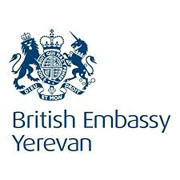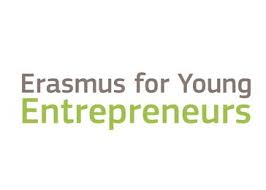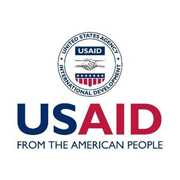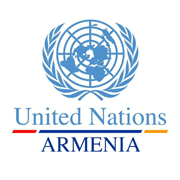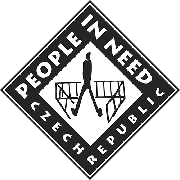The expression “Let’s play” has magnetic gravity. Attention to the game cuts you off from an actual reality and moves you into a world where you can rearrange and reorganize easily, even in the most difficult relationship. Unlike our confused and imperfect social-public life, the context of a game proposes temporary perfection, sets mandatory rules and becomes the ideal model of society. In the framework of the “Play it Fair” project implemented by the Jinishian Memorial Foundation, we tried to re-evaluate social behavior and attitudes towards one another with middle-grade students using game theory as a tool. Before starting the program, school-age children, their parents and teachers frequently emphasized in their conversations that they feel society views them (and sometimes their families) as inadequate. They spoke about daily problems and barriers they face. Also, they mentioned that the values which should create equality in social relations seem to be lacking or misinterpreted.
-I do not play with anyone either in the yard or in breaks as they have more chances to win.
-I know how to win only theoretically but, practically, I always lose.
-I know it is not right to be depressed, but I do not know how not to be.
- I want to play with my classmates, but I do not know how to join them. They always ignore me.
-I want to feel that I am important.
If the child thinks and expresses his thoughts in this way, it means that the rules of the social “game” are not right.
We suggested games based on human rights values (cooperation, respect for diversity, responsibility, inclusion, acceptance, respect and fairness).
During one of the games, a neglected 7th grade student unexpectedly found the solution to the game. Accustomed to being ignored, she did not have faith in her own ability to offer valuable ideas. During the discussion, the trainer suggested the same solution. The children were really surprised, but they recognized that this proposal was best. In fact, due to the most neglected person in the group, they won the game. In these games the idea of being together has a tendency to persist among the group members even after the end of the game. Consequently, the seed of these shared experiences, once planted among individuals, can grow into large-scale changes in society. The right organization of social life begins within each person when he/she perceives himself/herself as a full member of society. We see the implications of this consciousness when children, who had observed life through the "winners-losers" prism before playing the games, change their approach and, at the end of the project, begin to consider social relations as a field of equal opportunity where everyone wins.










